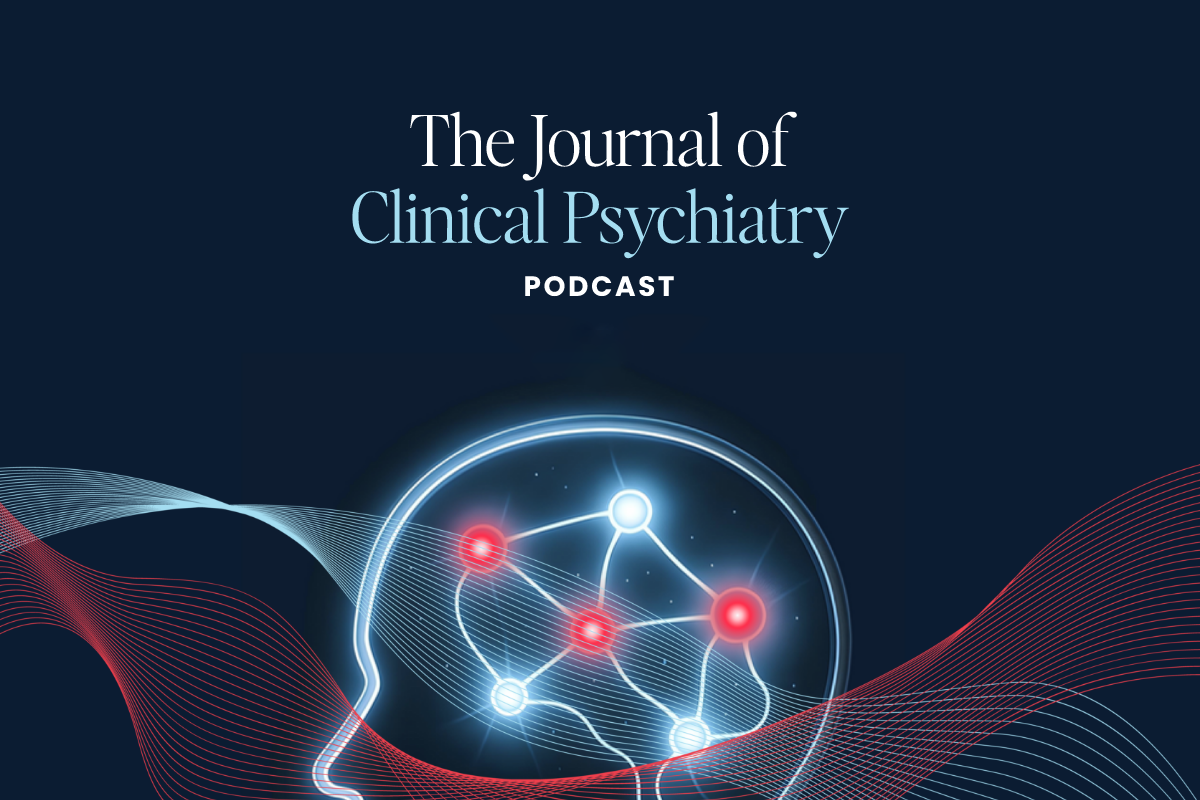People who feel things more deeply – whether it’s others’ emotions, light, or noise – might also be more “sensitive” to developing mental health issues. That’s the ultimate conclusion of a sweeping new review and meta-analysis appearing in Clinical Psychological Science, which assembled more than two decades of research on “environmental sensitivity.”
Researchers at Queen Mary University of London, King’s College London, Trinity College Dublin, and the University of Surrey looked at nearly three dozen previous studies that included nearly 13,000 participants. Their results show that higher sensitivity correlates strongly with anxiety and depression, along with a host of other psychiatric conditions.
“This is the most extensive systematic review on sensitivity and mental health in adolescents and adults to date, and is the first ever meta-analysis on the topic to estimate the impact of this relationship,” lead author Tom Falkenstein, a PhD student at Queen Mary University, explained.
A Distinct, Overlooked Trait
Psychologists have long studied the “Big Five” personality traits, with neuroticism consistently linked to poor mental health outcomes.
Sensitivity, however, remains a less familiar indicator. The trait reflects heightened responsiveness to both positive and negative stimuli. As a result, sensitive individuals might notice smaller details, process them more deeply, and react more intensely.
While related to traits like introversion and neuroticism, sensitivity remains distinct. Genetic factors play a role in shaping how sensitive someone might be, as do early life experiences. And brain imaging suggests sensitive people show heightened activity in regions tied to empathy and social processing.
The team sifted through 829 studies published between 2000 and 2024, narrowing the pool to 33 that met strict criteria: peer-reviewed, focused on clinical mental health outcomes, and using validated sensitivity measures such as the Highly Sensitive Person Scale.
Together, the studies included data on 12,697 people from 18 countries. Most participants were young adults, with an average age of 25, and just under two-thirds were women. Only two of the studies focused exclusively on clinical populations. The rest drew from community or student samples.
Clear Patterns Emerge
The analysis found consistent links between sensitivity and poorer mental health. Correlations ranged from modest to strong (r = .05 to .65). For depression, the average effect size was substantial (r = .36). Anxiety showed an even stronger link (r = .39).
“We found positive and moderate correlations between sensitivity and various mental health problems such as depression, anxiety, post-traumatic stress disorder, agoraphobia and avoidant personality disorder,” Falkenstein added. “Our findings suggest that sensitivity should be considered more in clinical practice which could be used to improve diagnosis of conditions.”
The findings align with established theories that highly sensitive individuals are more easily overstimulated and, thus, prone to emotional reactivity. When everyday stressors feel overwhelming, a cycle of rumination and helplessness can take hold, paving the way for anxiety and depression.
A Double-Edged Sword
But sensitivity isn’t just a liability. Researchers stress that sensitive individuals might also benefit more from supportive environments. School-based interventions, therapy programs, and anti-bullying campaigns, for example, seem to be particularly effective for highly sensitive children and adolescents.
“Our work shows it is crucial that the awareness of sensitivity is improved among mental health care professionals, so clinicians and practitioners can recognise the trait in their patients, and tailor treatment to their sensitivity,” Falkenstein pointed out.
This “differential susceptibility” model suggests sensitivity has evolutionary value. Those who notice more might suffer in harsh environments but thrive when conditions are nurturing.
Treatment Implications
A better understanding of how patients process and respond to stimuli could improve diagnosis, guide treatment selection, and even stave off relapse.
For example, highly sensitive clients might benefit from interventions that build coping strategies for overstimulation and emotional regulation. At the same time, therapy and social support might prove especially rewarding for them.
In popular culture, calling someone “too sensitive” is usually perceived as an insult. But this research suggests sensitivity is a measurable, biologically grounded trait that carries risks and advantages. Far from being a weakness, it might shape how people experience the world — and how they respond to hardship. And help.
Further Reading
How Empaths Really Feel Your Pain
CDC Report Reveals Jump in Adult Anxiety and Depression
Incentive Sensitivity as a Behavioral Marker of Clinical Remission From Major Depressive Episode



